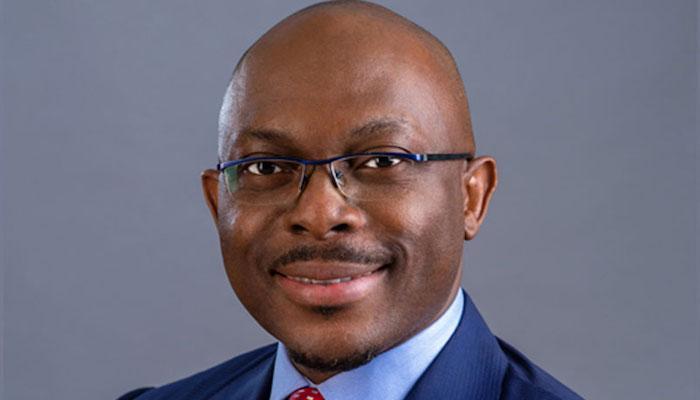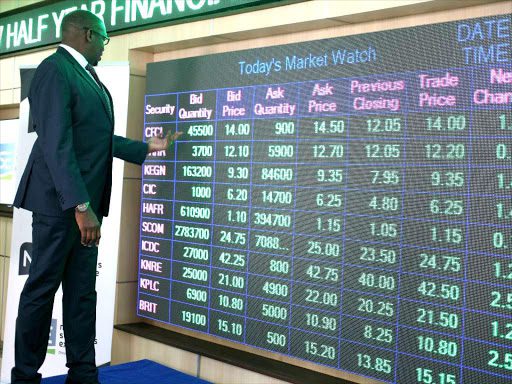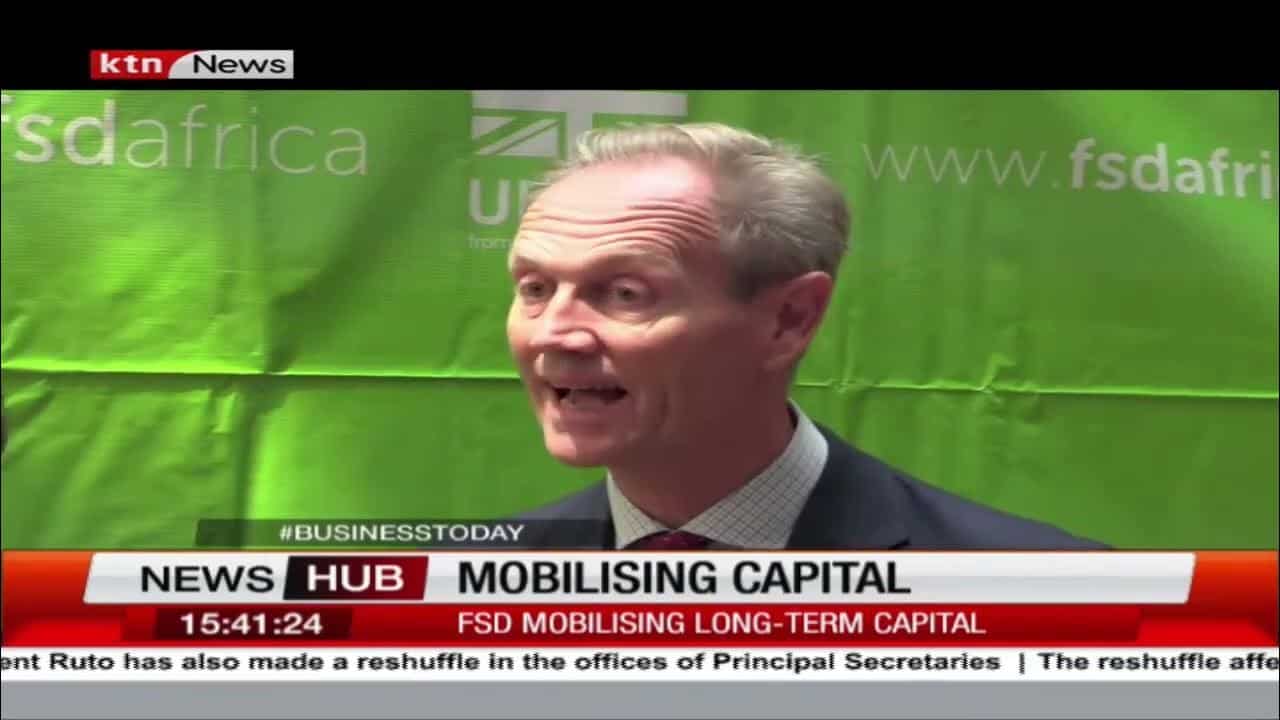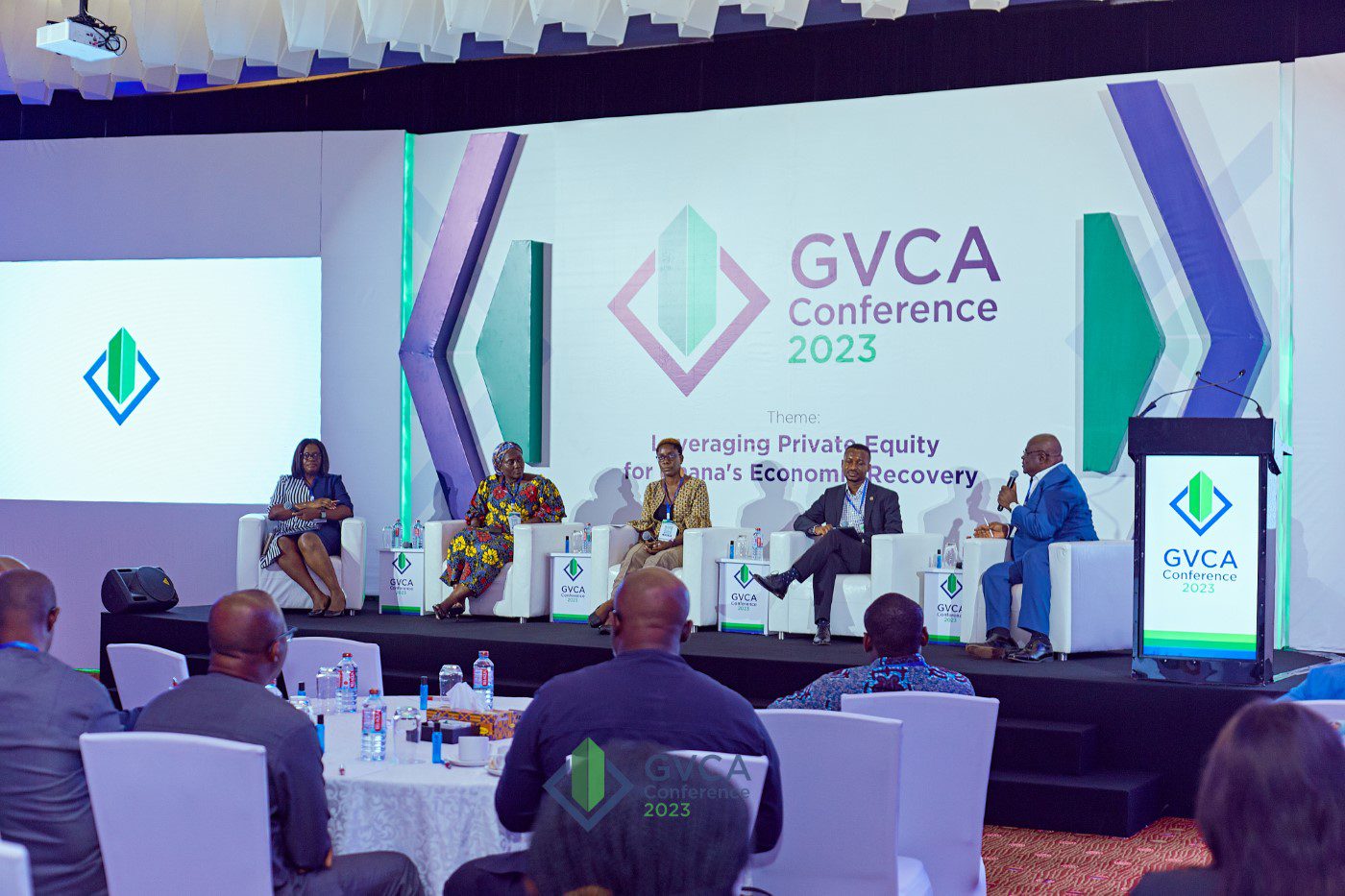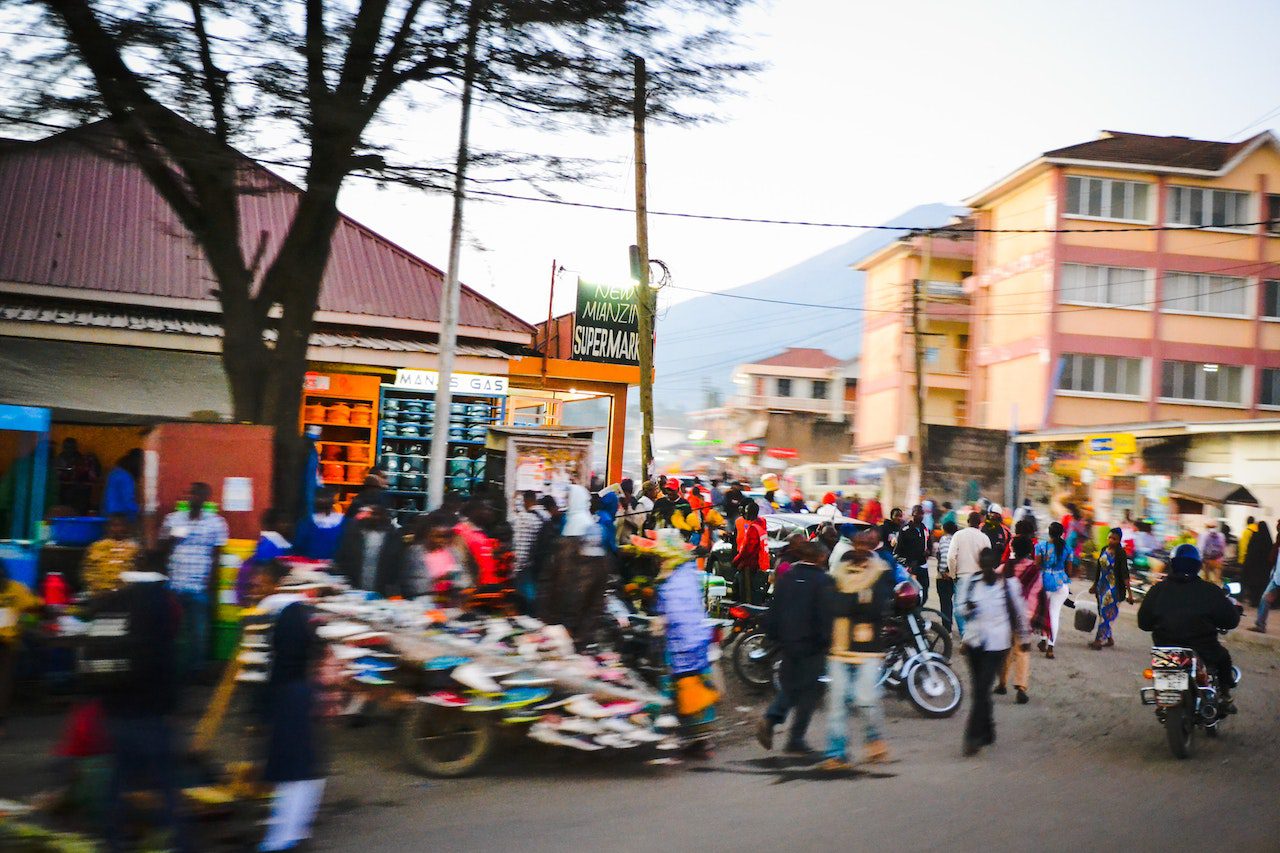Holland-based fund manager Cardano Development has announced plans to establish a corporate debt guarantee company in Kenya to help firms raise funds from the capital markets.
The credit guarantee company set to be operational by year-end seeks to offer up to a 100 percent guarantee covering debt interest and principal for local currency capital market senior debt in the green (environmentally friendly) space.
Investors in Kenya’s corporate bonds have been relying on insurers to cover the risk of default by issuers while others take no protection, betting on borrowers to service their obligations as they fall due.
Kenya’s nascent debt guarantee space has mostly focused on bank loans, especially lending to small and medium-sized companies.
Cardano’s entry comes after it launched similar firms in Nigeria and Pakistan, targeting broad sectors including public and private infrastructure, financials such as saccos and corporates mostly in the form of commercial paper.
“About a year ago we decided to engage together with InfraCo Africa, to jointly develop with the assistance of FSD Africa a Kenyan guarantor which we hope will be operational by the end of this year,” said Cardano Development chief executive Joost Zuidberg.
InfraCo Africa is a European fund while FSD Africa is a research and advocacy firm specialising in the financial sector.
The yet-to-be-named firm has raised Sh6 billion in capital provided by eight founding providers including four international development finance institutions (DFIs) and four local private investors.
Aside from Kenya, the guarantee company will cover Uganda, Tanzania, Rwanda and Zambia, aiming to reach a guaranteed portfolio of Sh50 billion within five years.
Its value proposition is in better pricing, scale and superior products owing to the fact that it will be a locally-based company empowering domestic savings.
“It is a private sector institution with ultimately the aim to completely become local, presumably even be listed in the stock exchange,” said Mr Zuidberg.
He made the remarks during a roundtable by FSD Africa themed on mobilising long-term capital for sustainable development in Kenya.
FSD Africa has provided financial and technical support in establishing guarantee companies including developing business plans, engaging with institutional investors in the market and advising on the regulatory environment.
Kenya requires $61.7 billion to meet its global commitment to climate change by 2030 with the country’s annual infrastructure financing gap currently standing at $1.8 billion.
“There is a need for risk sharing and innovation in order to enable the private sector to play its rightful role and mobilise financing at a scale that is required for Kenya’s various needs,” said FSD Africa chief executive Mark Napier.
Read original article

